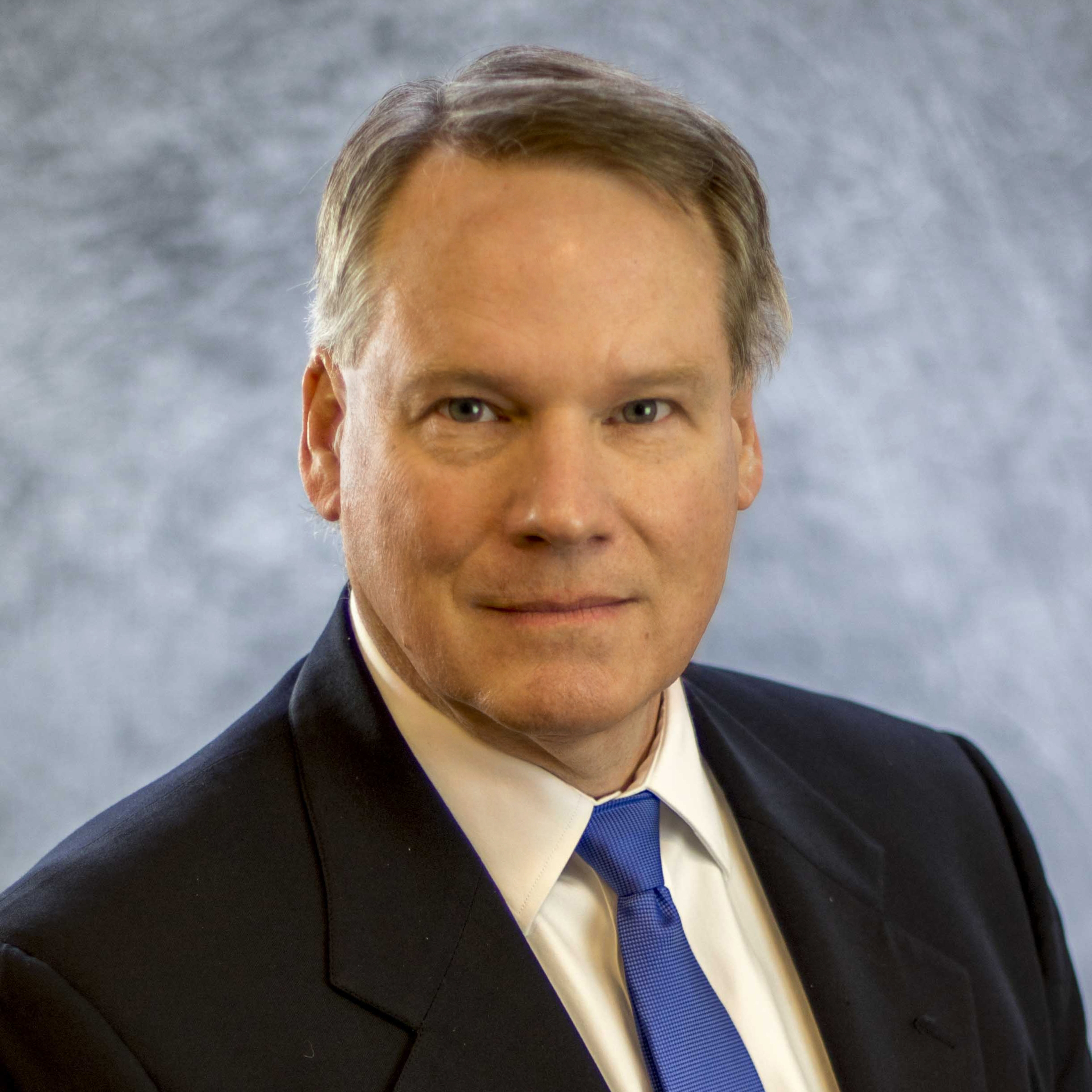Key Findings
- The problem with Seattle’s current system is all top officials are elected largely by the same political coalition, leaving some communities without a voice.
- Charter Amendment 19 would return Seattle to a representative district form of government.
- District elections would reduce the influence of money in politics. Currently, city council candidates typically have to raise up to $250,000 to run a citywide campaign.
- District elections would make council members more responsive to neighborhood problems. Supporters say it would “bring government closer to people and people closer to government.”
- Amendment 19 is good public policy because it would strengthen city government by encouraging more candidates to run, and by giving direct voice to people living in Seattle’s diverse communities.
Introduction
This fall Seattle residents will vote on City Charter Amendment 19, a proposal to provide elections based on neighborhood districts for seven of the city’s nine council positions. Two positions would still be elected at-large, with all Seattle citizens voting in these two council elections.
Problems with the current system
Amendment 19 is intended to solve a key problem in Seattle government. Currently, all nine members of the Seattle City Council are elected at large, each to a four-year term starting in odd-numbered years. Essentially, all residents live in one district that covers the entire city, and the Mayor and city council members are elected by majority vote in a single citywide district.
The problem with the current system is all top officials in city government are elected largely by the same political coalition. The strongest combination of groups and interests that gets a candidate to a majority is likely to be sought by all candidates running for city office. In terms of electoral representation, this means Seattle has ten mayors, all competing for support from the same politically-influential groups and interests.
In addition, at-large elections make it more expensive for candidates to run for public office. A city council candidate typically has to raise up to $250,000 to finance a serious campaign. Critics say this increases the influence of powerful downtown economic interests in the city, because a neighborhood-based candidate faces greater difficulty in raising enough money to run city-wide.
In the process, neighborhood concerns tend to be neglected. While no city official wants to be known for ignoring local concerns, no neighborhood in the city has its own elected representative. Local pressures caused by increasing density, the decline of traditional single-family homes, zoning “monster houses” into older neighborhoods, rising traffic congestion, preserving open spaces, street safety and other quality of life issues do not receive the same attention as questions about downtown or south Lake Union development.
Many residents fear Seattle risks losing its image as a garden city, one with residential open space and ample back yards, as the mayor and city council members seek to require more density in traditional neighborhoods.
Election by district is seen as a way to give neighborhood residents a greater voice in the decisions made by city government.
How Amendment 19 would work
Charter Amendment 19 would return Seattle to a representative district form of government. The city would be divided into seven districts, each represented by one elected city council member. Each of the seven districts would have about 87,000 residents. District lines would be adjusted every ten years based on the results of the most recent census.
Each candidate filing for a city council position would have to have been a resident of the district he or she is seeking to represent for at least 120 days, and would have to remain a district resident throughout his or her term of office. Two city council members would continue to be elected at large. These candidates would have to be residents of the City of Seattle.
Implementation and terms of office
If approved, Charter Amendment 19 would go into effect in city elections in 2015. Candidates for the seven district council positions would be elected to four-year terms, the same term council members have now. These positions would be up for re-election in 2019.
In 2015 two candidates would be elected to the two at-large council positions for terms of two years. In 2017 candidates would be elected to the two at-large council positions for full four-years terms. These positions would be up for re-election in 2021. This would put the at-large council positions on the same election cycle as the terms for Mayor and City Attorney.
Views of supporters and opponents
Supporters of Amendment 19 say it would “ensure city council members are closer to the people they represent and that voters better know their city council members.” They argue that “certain” parts of the city, a likely reference to downtown developers and business interests, should not be disproportionately represented. Supporters say district elections would make council members more responsive to neighborhood problems; that it would “bring government closer to people and people closer to government.”
Support for Amendment 19 spans the political spectrum in Seattle. Endorsements include backing from prominent Seattle Democrats like Speaker of the House Frank Chopp, state Senator Adam Kline and state Representative Mary Lou Dickerson, as well as the King County Democrats and King County Republicans.
Opponents of Amendment 19 point out that Seattle voters have already turned down district elections proposals in 1975, 1995 and 2003. They say district elections promote narrow parochial interests rather than the interests of the city as a whole. Opponents say city council members are responsive to neighborhood concerns, and meet regularly with residents in communities around the city. Since they are elected by the whole city, opponents argue at-large council members are in a better position to weigh the concerns of any particular area against the needs of residents in other parts of the city.
Conclusion
Amendment 19 is good public policy because it would strengthen city government by giving direct voice to people living in Seattle’s diverse communities. District elections are a basic feature of representative democracy. The U.S. House of Representatives, all 50 state legislatures and nearly all large U.S. cities (those with populations of 500,000 or more) elect their representatives by district. This core principle dates back to the earliest developments of democracy, and it is the central feature of all modern democratic governments today.
Amendment 19 would reduce the influence of money in city politics, because it would reduce the amount of money candidates need to run successfully for office. More importantly, district elections would improve the quality of city government by ensuring that the city council more accurately reflects the views of people living in different neighborhoods. If Amendment 19 passes, Seattle would go from having a governing system that elects all its top officials through the same political coalition to one that provides true representation for the views and concerns of citizens living in its various neighborhoods.
Download a PDF of this Policy Note here.



